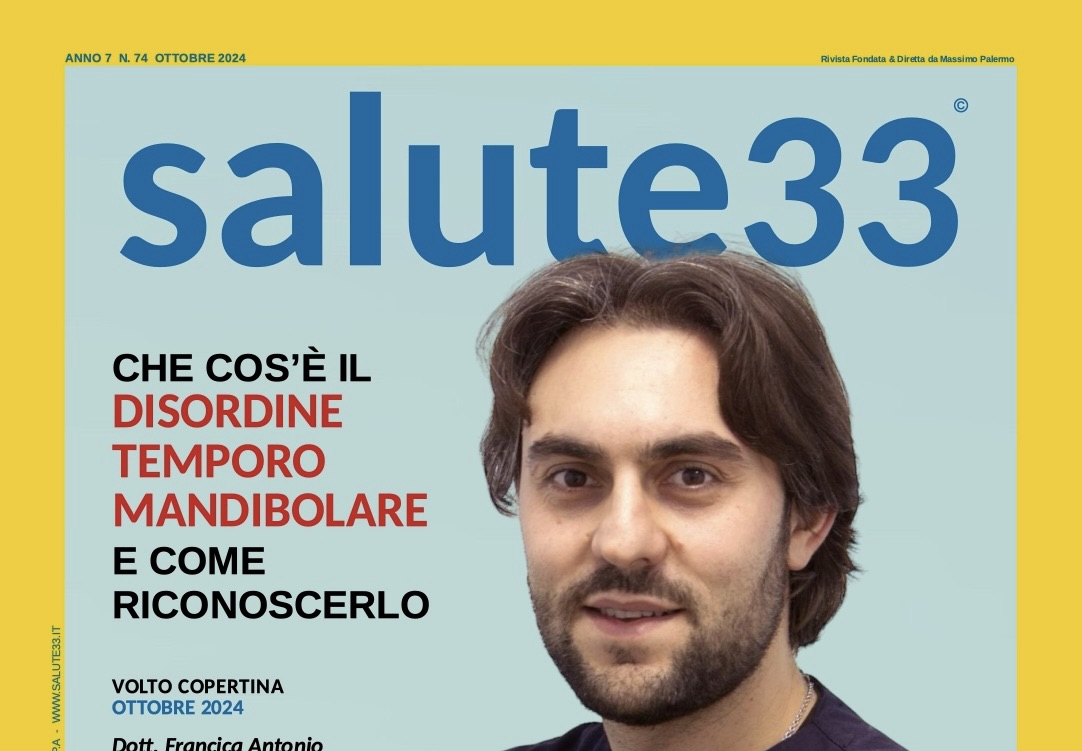The increasing need for a new Italian legislation to facilitate execution of observational studies assuring ethics and the highest standards of scientific and methodological quality
Carlo Petrini1, Giovanni Fiori2, Gualberto Gussoni3, Sara Cazzaniga4, Giovannni Corrao5, Valeria Lovato6, Dario Manfellotto7, Francesca Mastromauro8 and Alessandro Mugelli9
1Unità di Bioetica, Istituto Superiore di Sanità, Rome, Italy
2Società Italiana di Medicina Farmaceutica – MediNeos, Modena, Italy
3FADOI Società Scientifica di Medicina Interna, Milan, Italy
4Società Italiana di Medicina Farmaceutica – Janssen Cilag, Cologno Monzese, Italy
5Centro di Ricerca Interuniversitario Healthcare Research & Pharmacoepidemiology, Università degli Studi di Milano Bicocca, Milan, Italy
6Società Italiana di Medicina Farmaceutica – Roche, Monza, Italy
7FADOI Società Scientifica di Medicina Interna – Dipartimento delle Discipline Mediche, Ospedale
San Giovanni Calibita Fatebenefratelli, Rome, Italy
8Società Italiana di Medicina Farmaceutica – AstraZeneca, Basiglio, Italy
9Società Italiana di Farmacologia – Università degli Studi di Firenze, Florence, Italy
To make solid and effective decisions, healthcare professionals, patients, regulatory agencies and policy makers need the best available evidence on a given re- search question, that comes from systematic reviews of the literature, from randomized controlled clinical tri- als (RCT, experimental studies) and also from obser- vational research, that greatly contributes to generate evidence in the real world setting (real world evidence, RWE). Unfortunately, in the last decade scientists con- ducting observational studies in Italy faced several ob- stacles, mostly caused by ambiguous terminology and definitions, and by a national legislation that need to be updated. This has been causing not only long and ex- pensive authorization processes (which make Italy less competitive, if compared with other European coun- tries), but has been producing also potential limitations for an effective control of the study protocols quality and for the design of innovative research projects. In particular, the Italian legislation currently regulates only observational studies on medicinal products [1], leaving the conduction of other observational studies without a normative reference.
Recently, the Italian Society of Pharmaceutical Medi- cine (SIMeF) together with the Istituto Superiore di Sanità (ISS), the University of Milano Bicocca (Cen- tro di Ricerca Interuniversitario Healthcare Research & Pharmacoepidemiology), the Federazione delle As- sociazioni dei Dirigenti Ospedalieri Internisti (FADOI) and the Società Italiana di Farmacologia (SIF) activat- ed a working group to formulate specific recommenda- tions for the definition of the new forthcoming national legislation on observational studies, in the framework of law 11 January 2018, n. 33 [2] and legislative Decree 14 May 2019, n. 52 [3]. The recommendations were later formally approved by several other Italian scien- tific societies* and the underlying concepts were posi- tively discussed with representatives of the Italian Drug Agency (AIFA), the Health Ministry and the Data Pri- vacy Authority.
The scope of the recommendations was limited to ob- servational studies defined as “collection and analysis for scientific purposes of epidemiological, administra- tive, clinical and biometric data related to single human subjects”. According to these recommendations, the new provision should be mandatory and should regu- late all the types of study conducted with observational methodology, within biomedical and health field, pro- moted by public or private organizations. Therefore, the new regulation should cover observational studies with or without drugs, with or without additional diag- nostic procedures, with primary or secondary data uses, and should also include studies based on databases and complex data sources (for example data collected di- rectly from patients via digital tools).
In this context, each study protocol should receive a single competent evaluation, with a multi-sites and nation-wide validity: this modus operandi is coherent with that indicated by the European Regulation n. 536/2014 [4] for clinical trials. Local evaluations at sites level should be limited to verify the presence of all the needed resources (human, material and organizational) for correctly executing the study and to evaluate the promoter’s proposal for administrative agreement. This promoter’s should also be facilitated using standard templates (e.g. privacy information model, administra- tive contract) with a nation-wide validity and by a stan- dardized national fee for the evaluation of observational studies across the country.
Authors suggest also some practical steps to make this new authorization process feasible. It could be use- ful to define a list of Ethics Committees certificated by the Ministry of Health as “expert” Ethics Committees for the evaluation of observational studies. Sponsor/ Promoter could therefore obtain a single evaluation submitting the documentation to one of these certifi- cated Ethics Committees which should have appropri- ate expertise to evaluate typical complexities related to observational studies, such as the documentation relat- ed to the privacy as well as the methods for collecting and storing biological samples or for access to database of biological samples.
Special attention should be addressed to observa- tional studies where, for methodological reasons, the study protocol requires additional diagnostic and evalu- ation procedures, e.g. being these procedures known and used in normal clinical practice but not routinely applied for the cases to be included in the study. In these specific situations, authors recommend that the study protocol contains a specific section dedicated to illustrating the scientific rationale and the methodological reasons for this choice. Further, the subject must provide a specific written consent, based on a compre- hensive information about the purposes, the nature and the methods of carrying out additional examination/s, and potential inconveniences associated with the proce- dures. It is also fundamental that the costs of additional procedures should not be borne by the National Health Service (NHS) nor by the subjects, but fully covered by the sponsor/promoter. Moreover, the Ethics Comittee should evaluate the need for the sponsor/promoter to stipulate a specific insurance if the additional procedure is evaluated as invasive and risky for the subject.
Recommendations also consider some additional ac- tions: fundamental information on all type of observa- tional studies should be entered in a national registry; a mapping of new and already existing healthcare data- bases and registries should be activated to allow inves- tigators to have access to high quality data, also thanks to nationwide, transparent rules; participation to obser- vational studies shouldn’t be limited to physicians only but also permitted to other healthcare professionals, once they are adequately trained on ethical, method- ological, regulatory and technical aspects. Last but not least, forthcoming Italian regulation should be aligned with already existing EU regulations and guidelines – especially EU Good Pharmacovigilance Practice (GVP) and the General Data Protection Regulation (GDPR) – also by means of preliminary consultations among the stakeholders to harmonize different approaches and definitions and to solve some existing issues.
According to the authors’ opinion, the above summa- rized recommendations can facilitate the execution of observational studies in Italy assuring both ethics and the highest standards of scientific and methodological quality. For this reason, the authors strongly encourage to adopt these guidelines to define the new national leg- islation on observational studies.
Acknowledgements
Thanks to SIMeF colleagues Silvia Ferrara (Janssen) and Antonietta Caputo (Roche) for the contribution in the definition and writing of the recommendations. Special thanks to Michela Masoero (Medineos) for the precious contribution in coordinating the inter-societies working group.
Conflict of interest statement
There are no potential conflicts of interest or any fi- nancial or personal relationships with other people or organizations that could inappropriately bias conduct and findings.




Commento all'articolo